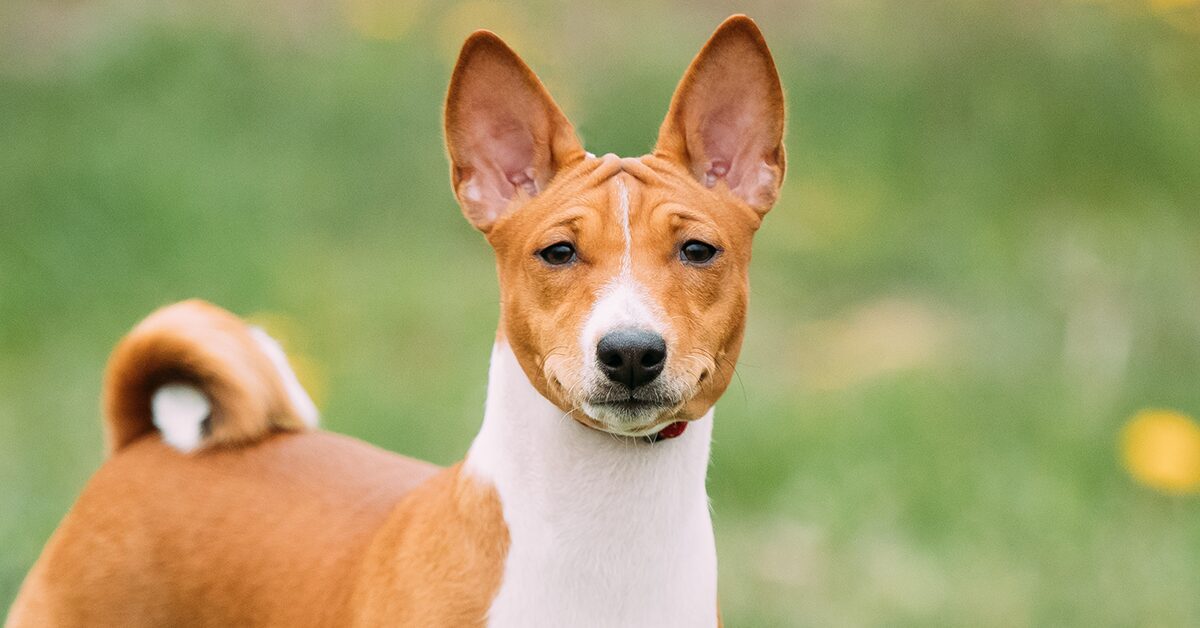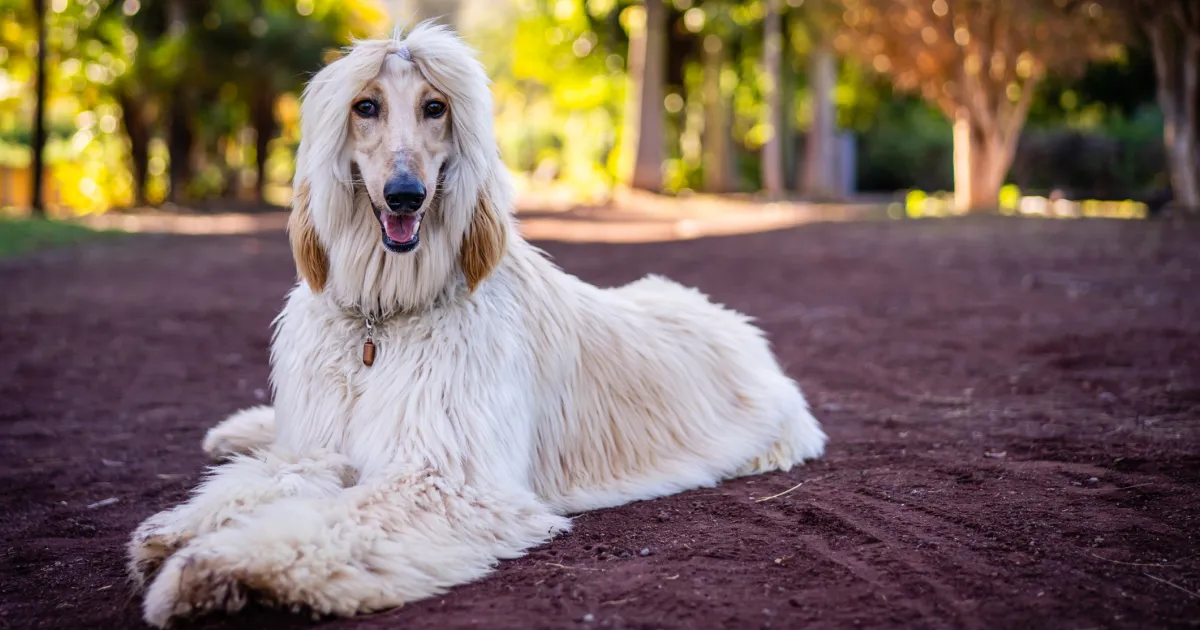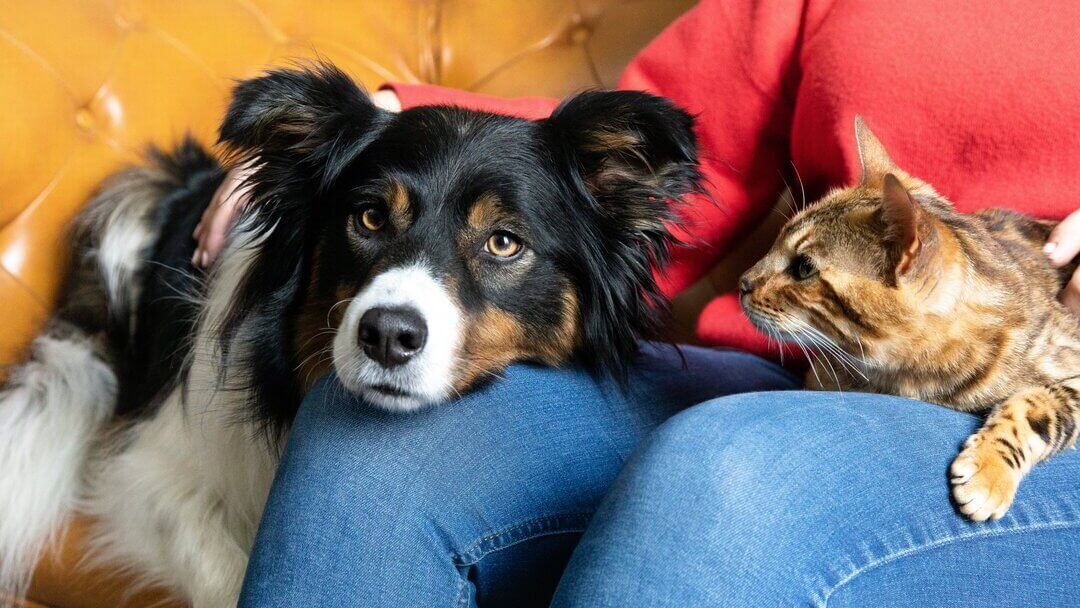Introduction
When we think of dogs, we often conjure images of loyal, loving companions who smother us with affection. However, not all dog breeds fit this stereotypical cuddly image. While many breeds are incredibly affectionate, some exhibit a more independent or reserved nature. Understanding these less affectionate breeds can be crucial for prospective dog owners seeking a specific type of canine companion. In this article, we’ll delve into the top 8 less affectionate breeds of dogs, exploring their characteristics, temperament, and why they might be a suitable choice for certain individuals.
1. Basenji: The African Barkless Wonder

Originating from Africa, the Basenji is an intelligent and independent breed known for its unique trait of not barking but rather emitting a sound similar to a yodel. While affectionate with their families, Basenjis tend to be aloof around strangers. Their independent nature might not align with those seeking an overtly cuddly pet, but they make excellent companions for those who appreciate a more reserved, cat-like demeanor in dogs.
2. Chow Chow: The Fluffy Lion-Like Guardian
:max_bytes(150000):strip_icc()/chow-chow-black-on-brick-411849826-2000-e0f93fc566e94cee8f5b99f1ba1937db.jpg)
Chow Chows, with their lion-like mane and distinctive blue-black tongues, are known for their dignified and independent nature. These dogs can be fiercely loyal to their families but are often aloof and reserved with strangers. Their independent streak requires consistent training and socialization from an early age, making them better suited for experienced dog owners seeking a more independent canine companion.
3. Afghan Hound: The Elegant, Aloof Aristocrat

The Afghan Hound, with its elegant, flowing coat and dignified demeanor, is a breed that often exhibits a reserved personality. Although loyal to their families, Afghan Hounds can be aloof with strangers and may not readily display affection. They appreciate their independence and might not be the ideal choice for someone seeking a constantly affectionate pet, but their regal presence and grace make them a unique and stunning addition to the right household.
4. Shar Pei: The Wrinkled, Stoic Guardian
:max_bytes(150000):strip_icc()/shar-pei-profile-rocks-500006764-2000-7c087a4cf56440088fa178b6ca4ea5ef.jpg)
With their distinctive wrinkled skin and strong-willed nature, Shar Peis are known for being loyal and protective of their families. However, they can also be reserved and aloof, particularly around strangers. Their independent nature and strong loyalty make them excellent guard dogs, but they might not fit the bill for individuals seeking an overtly affectionate furry companion.
5. Shiba Inu: The Spirited, Independent Thinker

Shiba Inus are spirited, independent dogs with a strong personality. While they form strong bonds with their families, they often exhibit a cat-like aloofness, preferring to maintain their independence. Their spirited nature and tendency to be reserved with strangers make them better suited for households where owners appreciate a dog with a self-reliant attitude.
6. Siberian Husky: The Free-Spirited, Energetic Wanderer
:max_bytes(150000):strip_icc()/siberian-husky-100800827-2000-9449ca147e0e4b819bce5189c2411188.jpg)
Siberian Huskies are known for their stunning appearance and playful demeanor. While they are affectionate with their families, they possess a free-spirited and independent nature, often displaying a stubborn streak. Huskies thrive in active households but might not be the best choice for someone seeking a highly affectionate and obedient companion due to their strong-willed personalities.
7. Cat breeds compared to less affectionate dog breeds: Understanding differences

While many cat breeds are known for their independent nature, some dog breeds, as mentioned earlier, also share similar characteristics. Just like certain cat breeds, these less affectionate dog breeds prefer maintaining a level of independence and might not exhibit the constant affection that some other breeds do.
8. Conclusion
Understanding the temperaments and characteristics of less affectionate dog breeds is crucial for potential dog owners. While these breeds may not fit the conventional image of a cuddly companion, they possess unique qualities and traits that can make them suitable for individuals seeking independent and self-reliant canine companions.
FAQs:
Are less affectionate dog breeds suitable for families with children?
While some less affectionate breeds can be suitable for families, it’s essential to consider each breed’s temperament and behavior around children. Always supervise interactions between dogs and young children.
Can less affectionate breeds be trained to become more affectionate?
While training and socialization can positively influence a dog’s behavior, it’s essential to respect a breed’s natural temperament. Some breeds may remain more reserved despite training efforts.
Do less affectionate breeds still enjoy human company?
Yes, less affectionate breeds often enjoy human company but may not display overt affection in the same way as more cuddly breeds. They might show their affection through subtle cues and loyalty.



